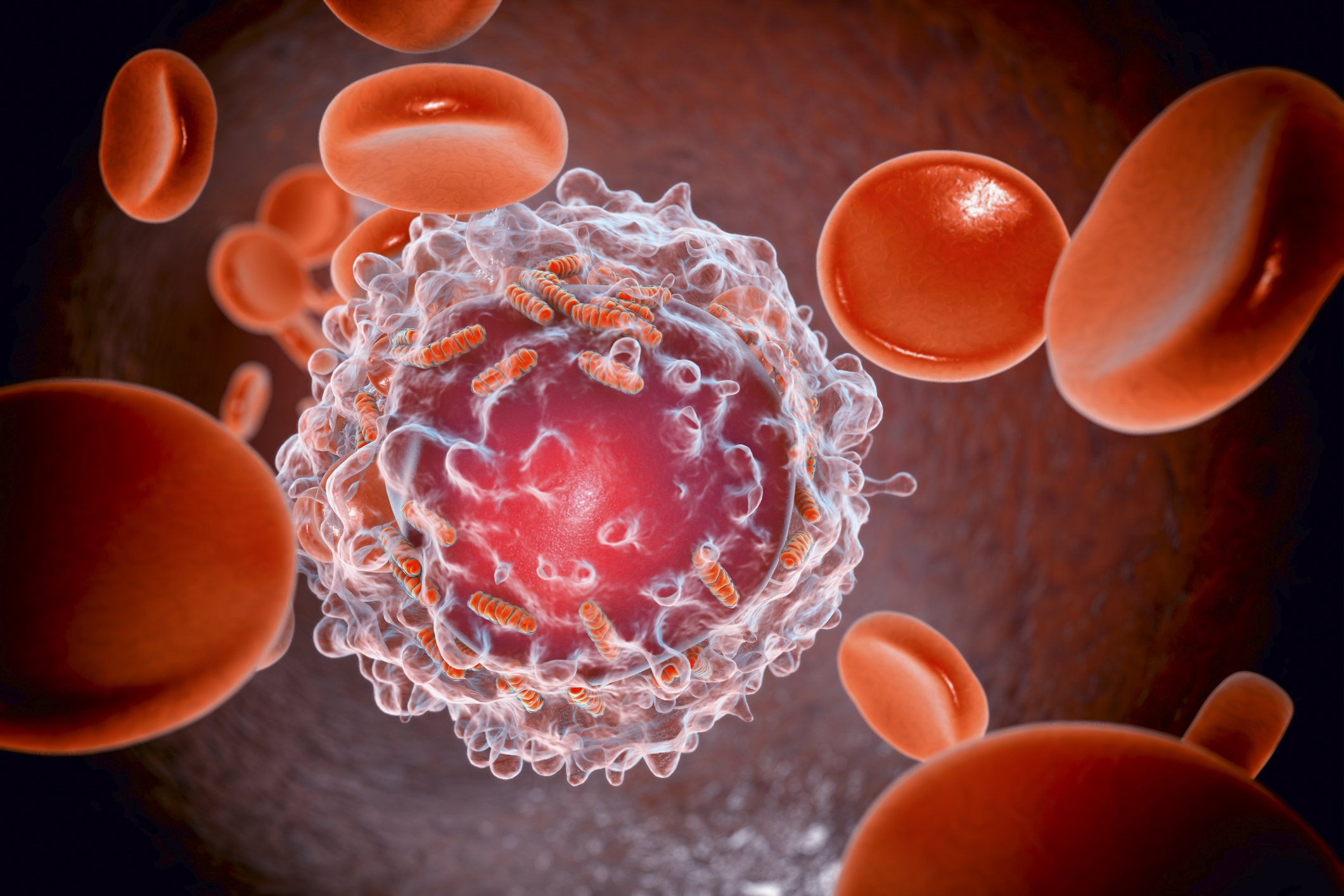Scientists at the University of Southampton have made a groundbreaking discovery in cancer research, unveiling how the body’s natural killer cells can identify and target cancer cells. This finding could lead to new, less invasive treatments for various types of cancer.
The study, published in the Science Advances journal, reveals that natural killer cells, a key component of the human immune system, have an innate ability to recognize and attack a protein called XPO1, which is known to promote cancer growth.
Professor Salim Khakoo, lead author and Professor of Hepatology at Southampton, said, “Our findings show how our body’s immune system recognizes and attacks cancer cells. Killer cells are an emerging form of immunotherapy that shows huge promise, as they don’t attack healthy tissue in the way chemotherapy and other immunotherapies do.”
The research team discovered that a peptide derived from the XPO1 protein attracts natural killer cells, triggering the body’s immune response against cancerous cells. Importantly, patients with cancer who had both active killer cells and high levels of XPO1 showed significantly better survival rates across various cancer types, including liver cancer, which typically has a poor prognosis.
This study is the first to highlight a viable technique for activating killer cells to fight cancer by targeting the XPO1 protein. The potential applications are broad, with researchers suggesting that this approach could be used to treat head and neck cancers, endometrial, bladder, and breast cancer in the future.
Co-author Professor Ralf Schittenhelm, from Monash University in Australia, said the discovery could change the course of immunotherapy.
“We hope it could lead to personalised cancer treatment, especially in cases where traditional therapies have failed.
“The potential to develop targeted therapies that utilise the body’s own immune system is incredibly exciting.”
The scientific team at Southampton are now working on the development of the world’s first vaccine that uses natural killer cells to fight cancer.
(Inputs from ANI)










